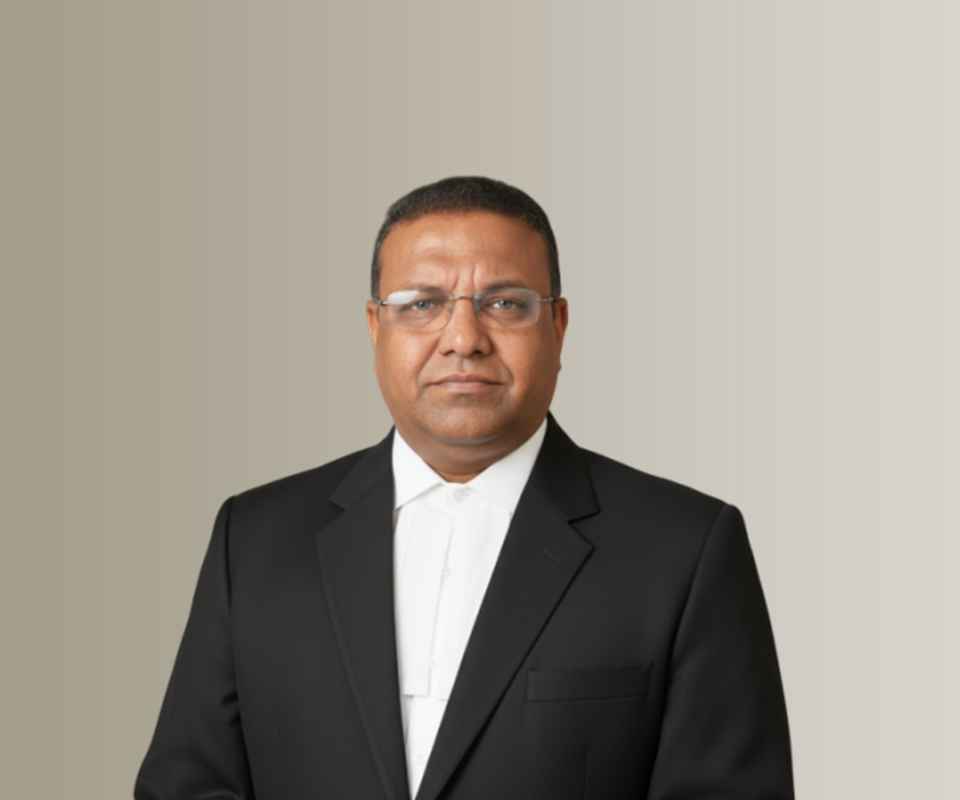Answer By law4u team
In the context of Indian law, including relevant modern practices and acts related to wills, the role and eligibility of a witness to a will are important to ensure the will’s validity and authenticity. While the Indian Succession Act, 1925 primarily governs wills, modern practices and regional acts (which might include updates like BNS or BNSS frameworks related to personal law reforms) generally align with similar principles. Who Can Be a Witness to a Will? 1. Any Adult Person of Sound Mind A witness must be an adult (usually 18 years or older) and mentally competent to understand the act of witnessing. The witness must comprehend that they are observing the signing or acknowledgment of a will. 2. Not a Beneficiary Ideally, a witness should not be a beneficiary under the will or closely related to beneficiaries, to avoid conflicts of interest or suspicions of undue influence. Though a beneficiary can witness a will, their testimony can be questioned in court, and they may lose their right to inherit if they attest the will. 3. Independent and Disinterested Witnesses are usually independent third parties who are not likely to gain from the will. Their role is to attest that the testator (the person making the will) signed the document voluntarily and was of sound mind. 4. Presence at the Time of Signing Witnesses must be physically present when the testator signs the will or acknowledges the signature. They should sign the will themselves to confirm their witnessing. 5. Number of Witnesses Usually, the law requires at least two witnesses to a will. This is a safeguard against forgery or fraud. Specific Points Under Modern Frameworks (BNS/BNSS or Regional Reforms) Some newer personal law reforms or frameworks might emphasize digital or remote witnessing, but this depends on the jurisdiction. They may also require witnesses to provide valid identification or sign electronically in the case of digital wills. Such frameworks encourage impartial witnesses and transparency to prevent disputes. Why Is Witnessing Important? To authenticate the will and confirm that the testator signed it freely and knowingly. To prevent fraud, coercion, or undue influence on the testator. To help the courts verify the will’s legitimacy during probate. Summary A witness to a will in Indian law (including modern contexts like BNS/BNSS reforms) must be: An adult of sound mind, Preferably not a beneficiary or interested party, Present at the time of signing, And there should be at least two such witnesses to validate the will. This ensures the will is legally binding, reduces the chances of contestation, and protects the testator’s true intentions.









